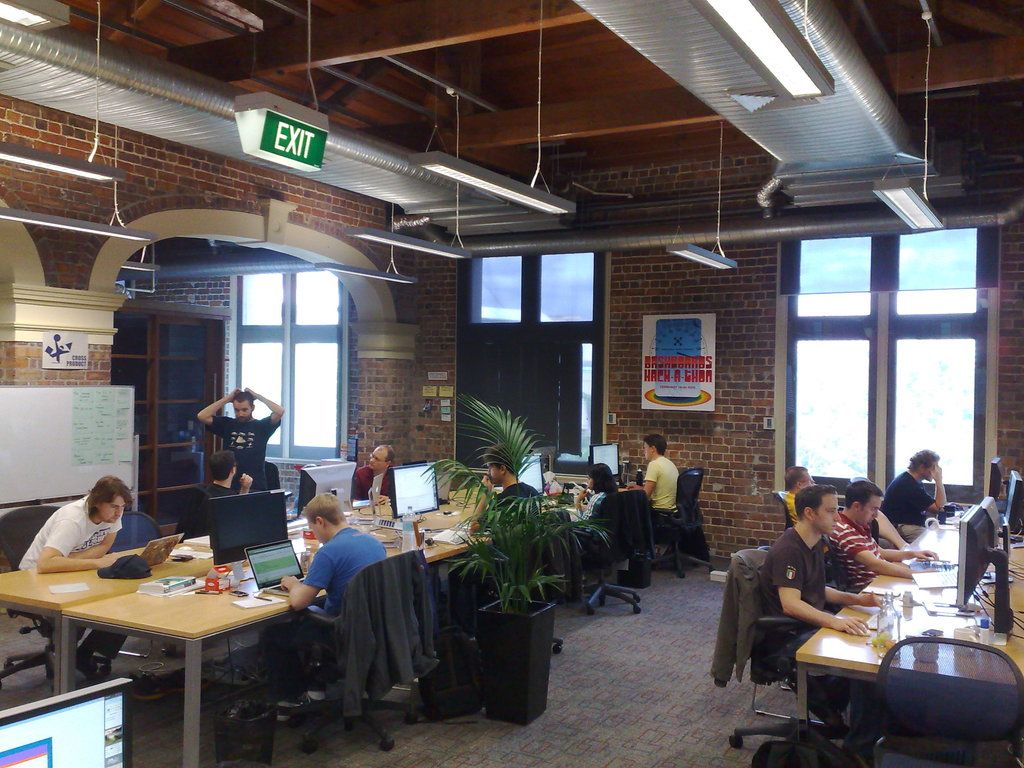Faster Construction Supercharge: Germany's Ambitious Housing Agenda
Increased granting of construction permits during the initial three months of the year - Increased number of building permits issued during Q1
Hey there! Guess what? The first quarter of this year saw a noticeable surge in single-family home building permits - up by a hefty 15.3 percent, reaching 10,600 approvals. However, two-family homes didn't fare as well; permits for these dipped by nearly 9 percent to about 3,000. Multi-family homes remained steady at 28,800 apartments. Now, apartments for existing buildings also got the green light.
Sebastian Dullien, the scientific director of the Institute for Macroeconomics and Business Cycle Research (IMK) of the Hans-Böckler-Foundation, sees these numbers as initial signs of a jolt in the economy's recovery. He believes the residential construction trough may have been behind us.
Felix Pakleppa, CEO of the Central Association of the German Construction Industry, was less enthusiastic, stating, "This isn't a turnaround". Germany is still far from replicating the levels seen in previous years. In the first quarters of 2021 and 2022, over 90,000 apartments were approved annually. Such figures are crucial to filling the long-term annual demand of more than 300,000 units. Pakleppa emphasized that the demand for apartments remains unwavering, particularly in urban centers. The new government needs to get its engine revving for swift improvements, he added.
Tim-Oliver Müller, CEO of the Building Materials Industry Association, also urged the implementation of the housing construction package promised in the coalition agreement. In his words, "We need to build, build, build!"
New Federal Minister of Housing, Verena Hubertz (SPD), promised an "ambitious" pace in residential construction at her government program's presentation in the Bundestag. She aims to submit a bill for a "housing construction turbo" within the first 100 days of the government to expedite construction. Hubertz spoke of the planned introduction of building code section 246e: It's the "sledgehammer" we need, she says. This provision aims to simplify and speed up residential construction in tense housing markets.
The new Federal Minister of Justice and Consumer Protection, Stefanie Hubig (SPD), promised a swift extension of the rent cap extension. Building materials industry CEO Müller explained that the rent cap curbs rents for existing tenants. However, it does not create incentives for residential construction, which we desperately need to generate fresh living spaces.
Our reimagined housing agenda aims to address the country's housing shortage by streamlining regulatory frameworks, hurdles, and construction processes. This will promote faster, more efficient building and will likely generate a constructive boost for the sector. We're also focusing on energy-efficient construction, aiming for climate-friendly and cost-reduced builds. We hope this initiative will stimulate the construction sector, stabilize or grow it after recent permits lull, and potentially help alleviate the housing shortage over time.
Community aid could be allocated to finance the expedited construction of new buildings, particularly apartments, in line with Germany's ambitious housing agenda. Investing in real-estate and construction industry might be prospective avenues for businesses seeking opportunities to aid the construction of new buildings, which could contribute to filling the long-term annual demand of more than 300,000 units.






